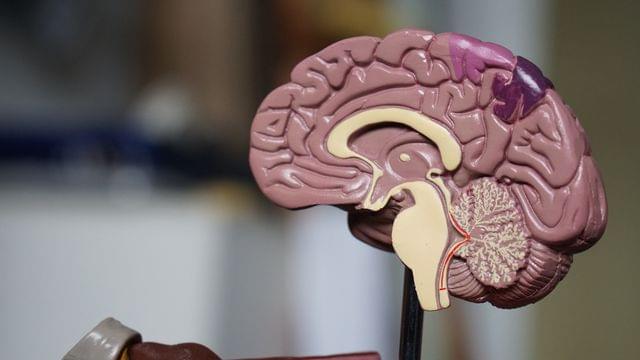The influence of language on human thinking could be stronger than previously assumed. This is the result of a new study by Professor Friedemann Pulvermüller and his team from the Brain Language Laboratory at Freie Universität Berlin. In this study, the researchers examined the modeling of human concept formation and the impact of language mechanisms on the emergence of concepts. The results were recently published in the journal Progress in Neurobiology under the title “Neurobiological Mechanisms for Language, Symbols, and Concepts: Clues from Brain-Constrained Deep Neural Networks” (accessible online at https://www.sciencedirect.com/science/article/pii/S0301008223001120?via%3Dihub).
Children can learn one or more languages with little effort. However, the cognitive activity involved should not be underestimated. Not only do language learners have to learn how to pronounce words, they must also learn how to interlink word forms with content – with concepts such as “coffee,” “drinking,” or “beauty.” But what are the actual mechanisms at work in the network of billions of nerve cells within our brains? And might the learning of some concepts strictly require the presence of language?
